26 Billionaires Have as Much Wealth as the World’s Poorest Half, Oxfam Reports
In its annual report on the gap between the rich and poor, the charity is calling for a global wealth tax to address the problem.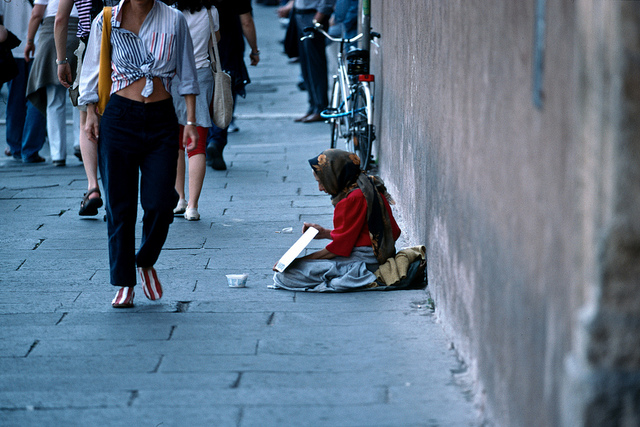 Jukka Kervinen / Flickr Creative Commons.
Jukka Kervinen / Flickr Creative Commons.
This week, in Davos, Switzerland, the world’s wealthiest and most powerful politicians and business leaders meet at the World Economic Forum to discuss the state of the global economy. In advance of this annual gathering, the anti-poverty charity Oxfam performs an annual tradition of its own, what The Guardian calls “an annual wealth check” that examines the extent of the gap between the assets of the world’s richest and poorest. According to the 2018 version, titled “Public Good or Private Wealth?,” the world’s 26 richest billionaires own as much as the world’s 3.8 billion poorest people.
In 2018, billionaire wealth rose by $2.5 billion per day, a 12 percent increase over the previous year, while the poorest half of the world had an 11 percent decline in its already meager wealth.
The Oxfam report analyzed the assets of more than 2,200 billionaires around the world, using data from the Credit Suisse global wealth data book to calculate the wealth gap, and Forbes’ billionaire list from March 2018 to determine the wealth of individual billionaires.
Among the report’s findings is that Amazon owner Jeff Bezos—currently the world’s richest man—has a $112 billion fortune. As The Guardian observes, “Just 1 percent of his fortune is equivalent to the whole health budget for Ethiopia, a country of 105 million people.”
The number of billionaires in the world has doubled since the 2008 financial crisis, but as a statement from Oxfam America explains, “[W]ealthy individuals and corporations are paying lower rates of tax than they have in decades, thanks in part to the new tax law championed by President Trump.” Oxfam America’s statement continues:
The 2017 U.S. tax bill is super-charging the worldwide tax race to the bottom and exacerbating the trend of governments dramatically cutting tax rates for wealthy individuals and corporations around the world. In the U.S., 30 people hold as much wealth as the poorest half of the population. Cutting wealth and corporate taxes predominantly benefits men who own 50 percent more wealth than women globally, and control over 86 percent of corporations.
In the same statement, Paul O’Brien, Oxfam America’s vice president of policy and campaigns, added, “Since the global economy collapsed, we have learned nothing.” He continued, “While corporations and the super-rich enjoy lower tax bills, millions of girls around the world have no access to a decent education and women are dying due to a lack of maternal health care.”
Governments, the report observes, are widening the inequality gap by failing to invest in public services. As Matthew Spenser, Oxfam’s director of campaigns and policy, told The Guardian:
It doesn’t have to be this way—there is enough wealth in the world to provide everyone with a fair chance in life. Governments should act to ensure that taxes raised from wealth and businesses paying their fair share are used to fund free, good-quality public services that can save and transform people’s lives.
Oxfam estimates that adding half of 1 percent to the taxes of the world’s richest would raise $418 billion a year, enough money to educate 262 million children and provide health care that would save 3.3 million lives. The report does not provide recommendations on how to implement the tax policy.
Conservative opponents of Oxfam’s recommendations question whether tax increases and government intervention should be used to tackle the problem. Kate Andrews, associate director at the Institute of Economic Affairs, told CNBC, in reference to Oxfam, “[T]hey advocate a race to the bottom, with interventionist policies that are more likely to destroy wealth than they are to successfully redistribute it.”
View the full report here.
Your support matters…Independent journalism is under threat and overshadowed by heavily funded mainstream media.
You can help level the playing field. Become a member.
Your tax-deductible contribution keeps us digging beneath the headlines to give you thought-provoking, investigative reporting and analysis that unearths what's really happening- without compromise.
Give today to support our courageous, independent journalists.


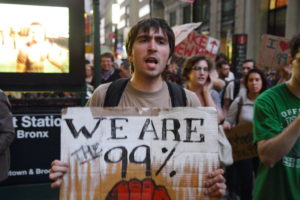
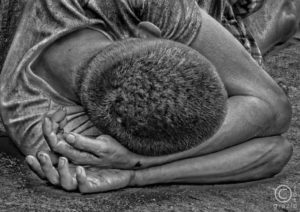
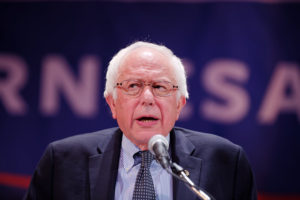
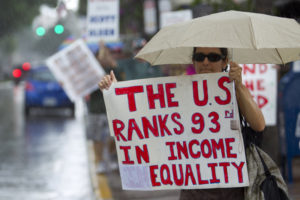
You need to be a supporter to comment.
There are currently no responses to this article.
Be the first to respond.